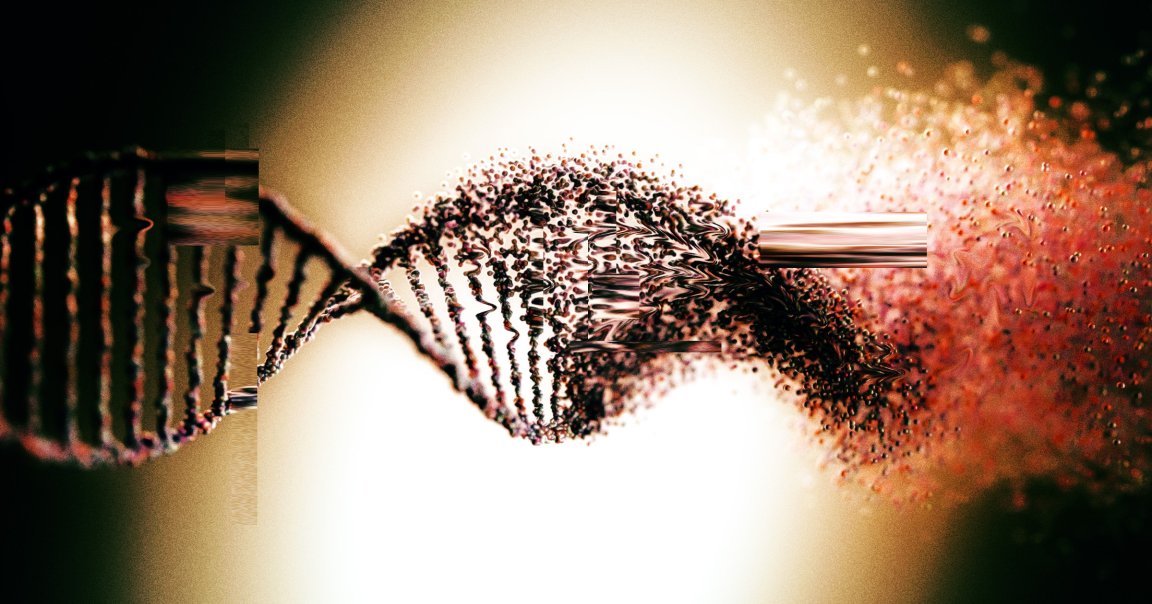
Biological science has made such astonishing leaps in the last few decades, such as precise gene editing, that scientists are now tackling the next logical — yet inherently controversial — step: fabricating human DNA from the ground up.
Details are a bit vague, but a team of scientists in the United Kingdom have embarked on a new project to construct what they describe in a statement as the “first synthetic human chromosome.”
The scientists hope that the five-year Synthetic Human Genome project will result in better understanding of the essential building blocks that make human life possible and find clues to cure diseases and debilitating genetic conditions — so it’s not like they are trying to make life from nothing like God, a well-used plot line in lots of science fiction movies.
“The ability to synthesize large genomes, including genomes for human cells, may transform our understanding of genome biology and profoundly alter the horizons of biotechnology and medicine,” said Jason Chin, a biology professor at Oxford University and one of the project leads.
The medical non-profit, Wellcome Trust, is kicking in an initial $13.7 million for the project, which builds on the successfully completed project to map the entire human genome, which Wellcome also funded, according to the BBC.
Making synthetic genomes isn’t an entirely novel endeavor. Back in 2010, scientists managed to make from scratch the whole genome of a simple bacterium, and then plugged its genetic material inside an empty cell of another bacterium, making something entirely new that they cleverly dubbed Synthia. Scientists have also synthesized viral and yeast cells in other research.
But a human genome is an entirely different proposition. For one thing, it involves a vastly more complex organism than some bacteria. And two, ethical concerns abound. Any whiff of messing around with human DNA has the stink of designer babies and eugenics.
Because of these concerns, the project has a social research component.
“Over the next five years, the team will undertake a transdisciplinary and transcultural investigation into the socio-ethical, economic, and policy implications of synthesising human genomes,” the statement on the research reads.
That sentence does feel a bit vague — so we’ll be closely watching this project to see how it plays out in more concrete terms.
At the end of the five years, the project leaders hope they’ll have a finished human chromosome. That will be a huge step for biological progress — but there will no doubt be many ethical questions to unpack. Starting with: what’s the meaning of life, if we can make it ourselves?
More on DNA: You Can Now Buy a Sample of Ozzy Osbourne’s DNA in Twelve Easy Payments